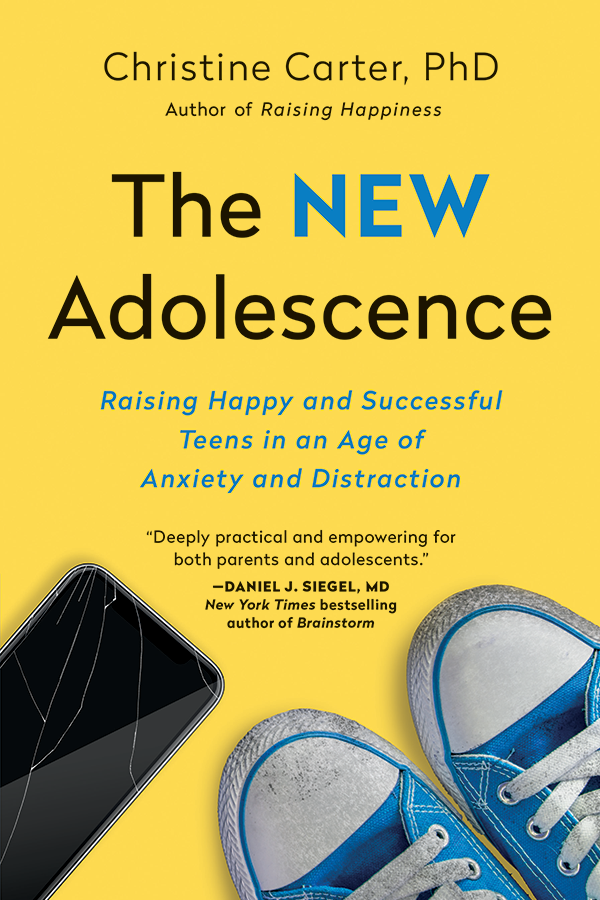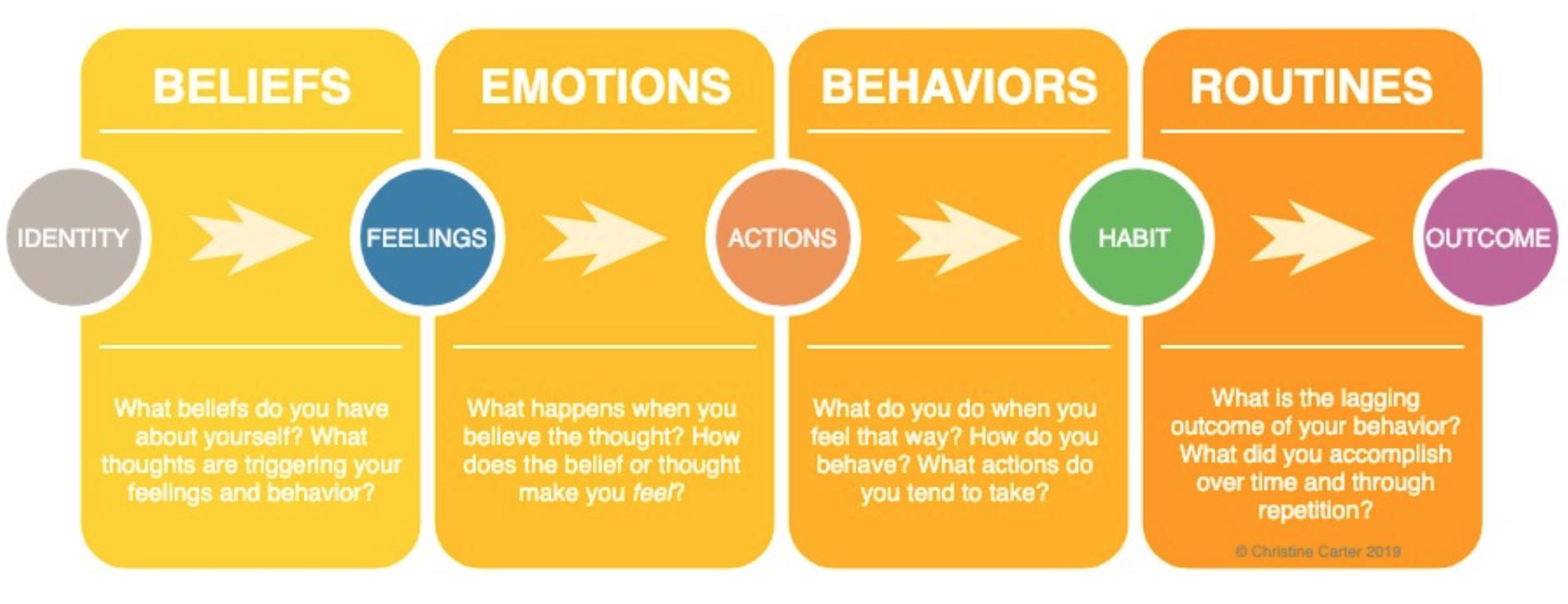Dear Christine,
My brother and his family will be visiting us from out of town the week of Christmas, and I generally make myself too available and try to make everyone comfortable when they are in town. I am already starting to feel anxious about it. How can I set boundaries and not be overly available when they are here? This is an issue at work and in my personal life.
Thanks in advance!
Overly Available to Others
Dear Overly Available,
Knowing that you need to set better boundaries this year tells me that you are on the right track already. You can do it! Below are three steps to setting boundaries and three things for you to remember while doing so.
Three steps to setting a boundary
1. Decide what you need, and articulate why you need it. Where is the line for you between enjoying your family and resenting them? For my part, I need to keep up some semblance of a routine, or I start to fall apart (which is not pleasant for anyone in our household). I know that I need to go to bed early and wake up early so that I have time to meditate and go to yoga or my favorite exercise class. These things keep me grounded. They also make me a better mother and wife; when I’m grounded and calm, I can help others more, not less. Also: I know that these things aren’t for everybody. I’m not asking anyone else to hop in the car with me at 5:30 in the morning.
What do you need, Overly Available, so that you can enjoy your brother and his family? Maybe you need uninterrupted time to yourself every evening, or perhaps you need your family to take care of their own breakfast. Make a list.
2. Tell folks what you need. Once you know what you need, tell your brother and his family. Practice calm nonchalance, even if you feel anxious or guilty about boundary setting. While normal, emotions like anxiety and guilt are not helpful here. Acknowledge and accept how you are feeling to yourself, but don’t act on those feelings. Take a few deep breaths, ground yourself, and then say what you need.
Try to use the same tone you would use if you were explaining how to log on to your WiFi network or use the TV remote: These facts will make their stay more enjoyable. There is no need to defend yourself or apologize or over-explain. Use as few words as possible.
3. Follow through. In the same way you might need to give multiple family members the WiFi password numerous times, you will likely need to repeatedly teach people what you need. And if what you need conflicts with what they want, you can be sure that you will need to repeat yourself. Try using the same phrasing repeatedly; it can help people tune in to the fact that you’ve drawn the boundary before.
When my college students are all home for the holidays and want me to start watching a movie with them 10 minutes before my bedtime, 100 percent of the time I’m tempted to stay up late with them. But I don’t do it, because for me, staying up late is a steep, slippery slope straight to exhaustion and resentment.
Three things to remember
1. Hurting yourself doesn’t ultimately help others. This is the old put-your-own-oxygen-mask-on-first argument: Should you become weak from lack of oxygen—because you have not adequately taken care of yourself—you will be useless to others. If you become exhausted or resentful, this will not make your brother’s visit a good one. None of you will feel more bonded at the end of the holiday. Your household is less likely to be filled with love and cheer.
2. You can handle the discomfort that comes from boundary setting. Firm boundary setting is a skill we need to practice. It’s a growth opportunity that can be stressful and uncomfortable. That’s okay. You can handle it. Breathe. Notice your thoughts: Which ones are causing you stress? Which are making you feel like you should do what other people want instead of what you need to do for yourself?
You don’t have to believe all these thoughts, because they might not be true. (Reminder: Our feelings are always true. Our thoughts, though, can be riddled with errors.) For example, maybe you’ve established that you need some time each morning to yourself, which is when you walk the dog. But it’s such a beautiful day, and everyone else thinks it’s a great idea to go for a walk! They want to come with you! This could easily make you believe the stressful thought, “It’s selfish and antisocial to take the dog for a walk alone.” That thought will make you cave; it’s a boundary-destroying thought.
So bring yourself back to the truth: It’s better for everyone if you practice basic self-care. You will be a better sister, aunt, and host if you have some time to yourself. Each time a stressful thought arises, counter it with the truth.
3. You aren’t responsible for other people’s feelings. Really: You aren’t. You are responsible for yourself and your own emotions and behaviors. Your boundaries may disappoint or frustrate or even anger others. We can’t control this; other people get to feel how they feel.
Sometimes, in their hurt and disappointment, people will try to convince us that we are acting mean or unkind or selfish. Repeat after me: It is never mean or unkind to take care of yourself and your own basic needs. It is unkind to harm ourselves, no matter how subtly, and it is certainly unkind to ask someone else to harm themselves. That might seem overly dramatic, but think of minor boundary crossings like paper cuts. They might not hurt that much one time, but they’re still something to avoid, because if we don’t follow through on a boundary we’ve set, it becomes much harder to enforce the next time. And 50 paper cuts will really hurt and hinder you.
Here is the excellent news about this tricky business of boundary setting, Overly Available: The benefits are immediate. You will enjoy your brother and his family’s visit so much more than if you let them walk all over you like a doormat. And next year, rather than feeling anxious about your brother’s visit, you’ll likely look forward to it.
Yours,
Christine













